Crime
An International Effort to Tackle Antiquities Trafficking Seized More Than 11,000 Stolen Artifacts Across Europe Last Year
Operation Pandora took into custody ancient coins, religious artifacts, and a Roman marble bust.
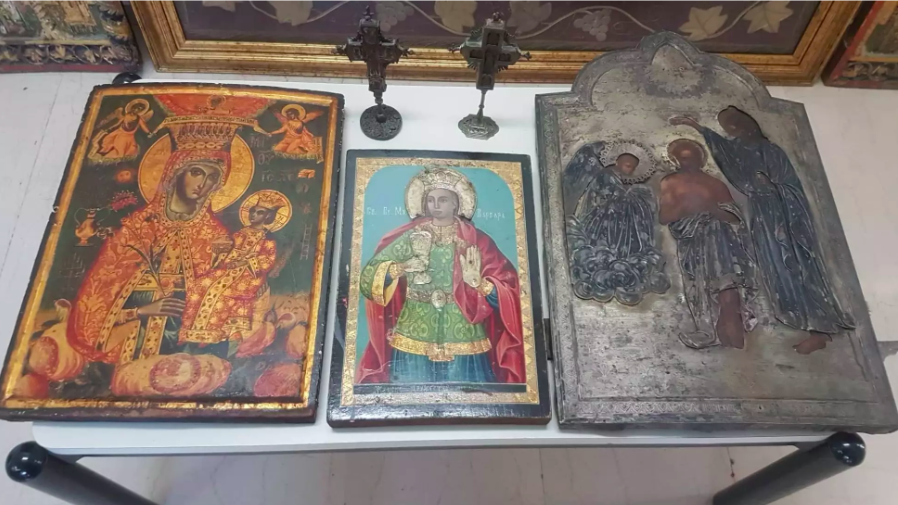
Operation Pandora took into custody ancient coins, religious artifacts, and a Roman marble bust.

Richard Whiddington

The latest iteration of Operation Pandora, an international effort focused on tackling illegal cultural goods trafficking, led to 60 arrests and seized more than 11,000 objects, according to a report released on May 4.
Pandora VII, which resulted in crackdowns across 14 European countries and was led by Spanish authorities, involved checks across airports, ports, border crossings, auction houses, museums, and private residences. The operational phase took between September 13 and 24, 2022, and was accompanied by two weeks of cyber check patrols in May and October that saw more than 4,000 stolen goods seized.
The artifacts taken into European custody included rare books, ancient coins, religious sculptures, and jewelry.
Among the “operational highlights,” as Europol put it in a press release, was a Roman marble bust believed to represent the niece of Emperor Trajan, Salonia Matidia, captured in Seville, Spain. Italy’s cultural protection agency recovered 77 ancient books that had been stolen from the archives of a monastery and were listed on an online marketplace. Polish police seized more than 3,000 ancient coins listed for sale online and Romanian law enforcement recovered more than 100 Dacian and Roman coins that had been looted from an archaeological site.
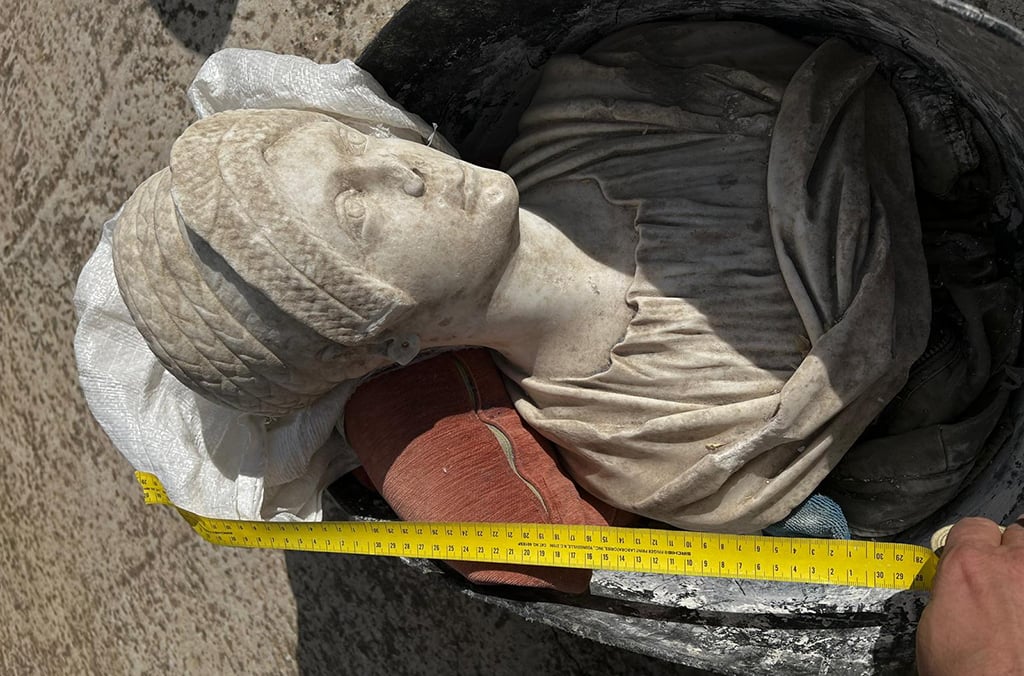
A Roman bust recovered in Spain. Photo: Interpol.
Another major coup came in a Portuguese raid that recovered nearly 50 religious artifacts that have been linked to a flurry of 15 robberies that hit churches across northern Portugal between 1992 and 2003. Greek police similarly found more than 40 religious and liturgical objects, such as icons and altarpieces, in a house search.
NEWS: Operation Pandora VII results announced!
The 14-country operation led to:
⚱️ 11,049 stolen artefacts recovered
🚔 60 arrestsLed by @guardiacivil, supported by @Europol and @INTERPOL_HQ
Details 👇https://t.co/WQfOA5L4Uy
— INTERPOL (@INTERPOL_HQ) May 4, 2023
Operation Pandora has been running since 2016 and to date has resulted in the seizure of more than 150,000 stolen cultural objects and led to hundreds of arrests. The Spanish-led operation received oversight from Europol, which provided information exchange and analytical support. Interpol has a Stolen Works of Art Database and connects operatives with dedicated experts who can help to confirm, find, and identify stolen items.
At present, around 130 investigations remain ongoing, with more seizures and arrests anticipated around the world in the coming months.
See photos of recovered artworks and artifacts from Operation Pandora below.
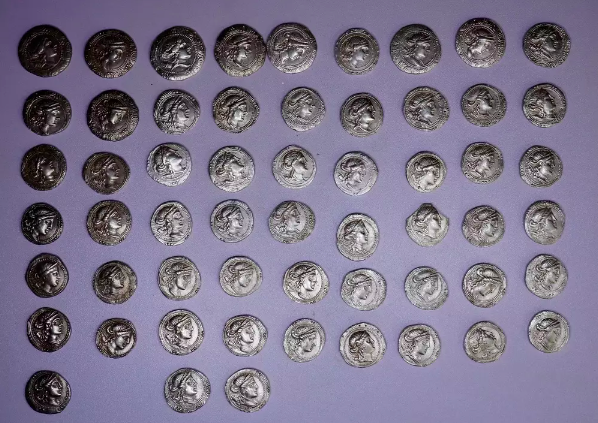
Ancient greek coins seized by police. Photo Greek icons recovered by Hellenic Police. Photo: Europol.
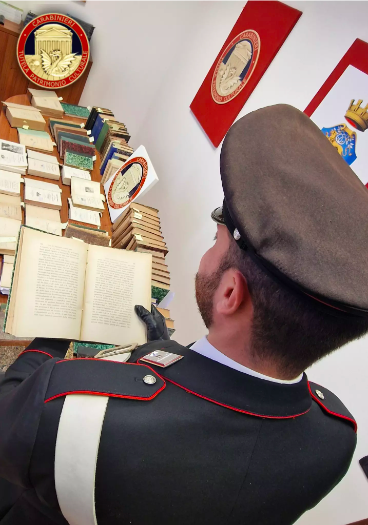
Rare books that had been stolen from a monastery were seized by Italian police. Photo: Europol.
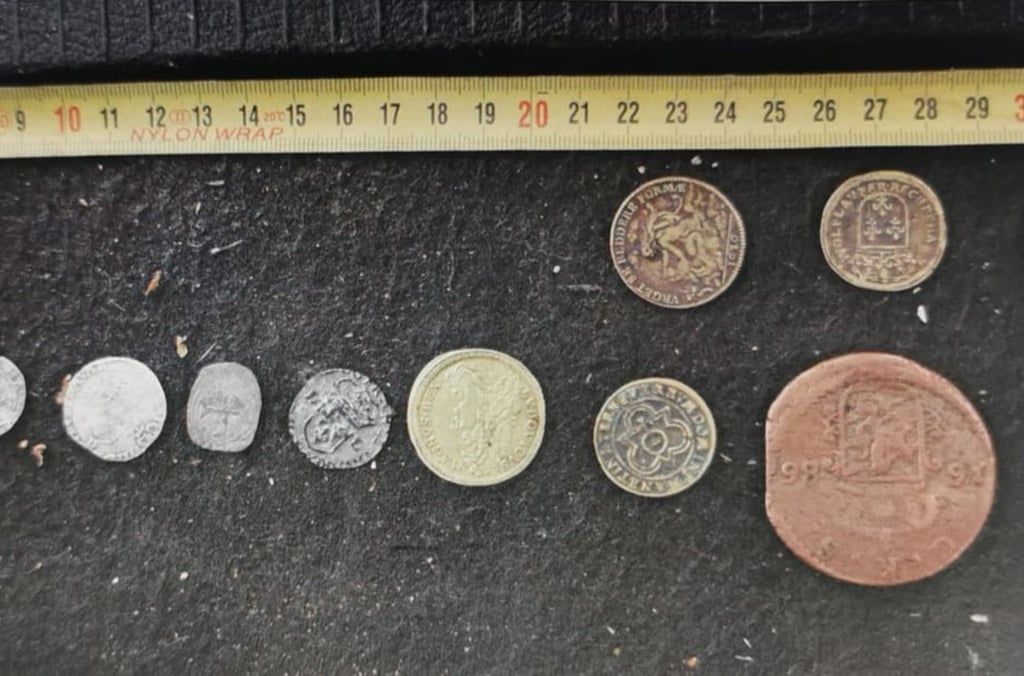
More than 100 coins were seized by Romanian authorities. Photo: Interpol.
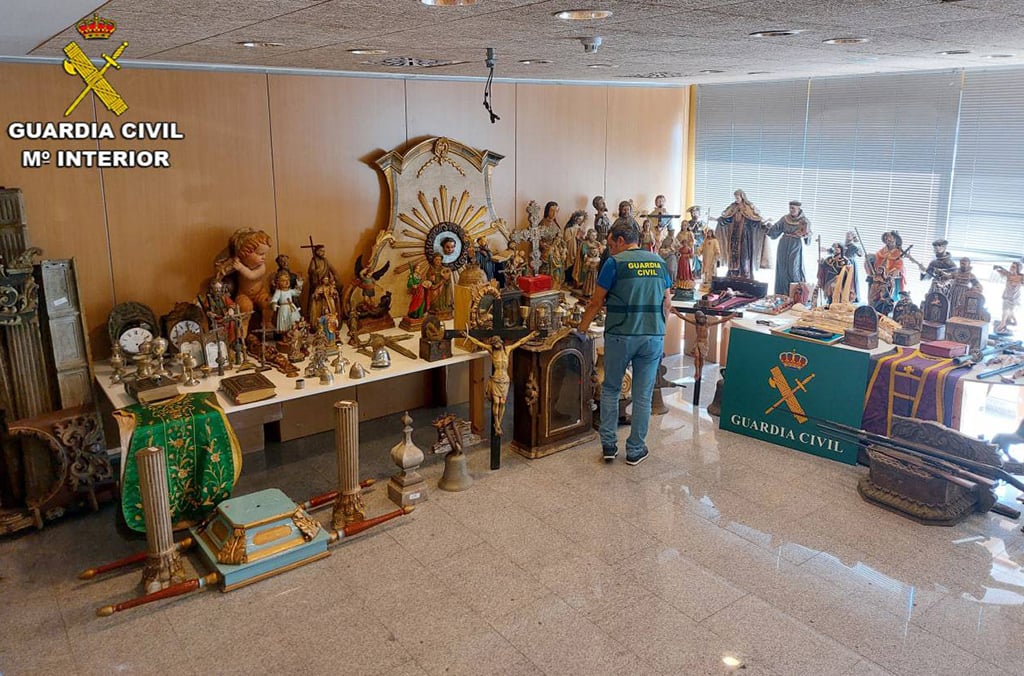
Operation Pandora was led by Spanish authorities. Photo: Interpol.